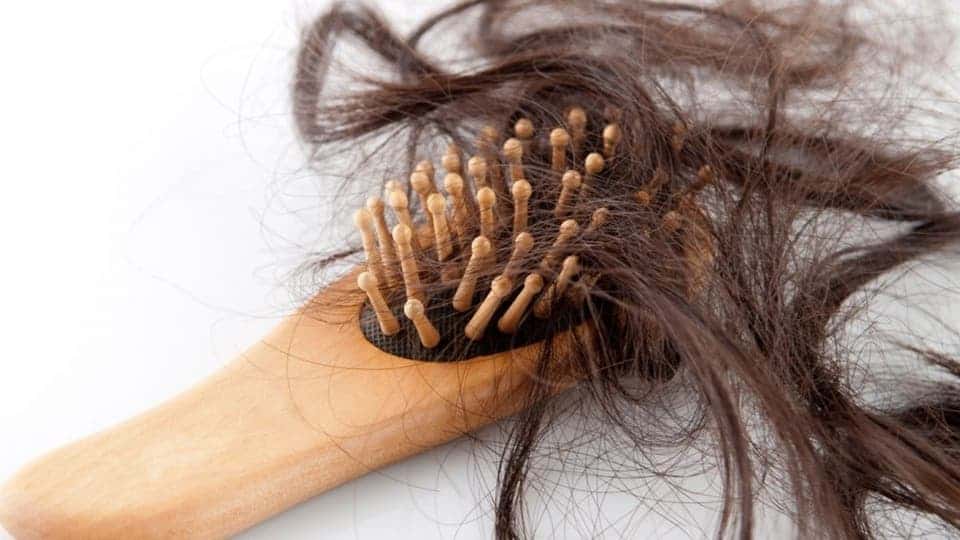كيف تقاوم حالات الرشح و الزكام ؟

كيف تقاوم حالات الرشح و الزكام ؟
كيف تقاوم حالات الرشح و الزكام ؟
مع وصول فصل الشتاء، يبدأ انتشار فيروسات تطال الجهاز التنفسي، فيما تبرز عوامل تعزز من الإصابة بالعدوى بينها مثلاً كثرة التجمعات داخل أماكن مغلقة تعيش فيها الفيروسات بصورة أفضل كون الجو في الداخل يكون جافاً. لكن لم يكن مؤكداً ما إذا كانت درجات الحرارة المنخفضة تُضعف جهاز المناعة لدى البشر، وإن كانت هذه الحالة فكيف يتم ذلك.
تطرقت دراسة نُشرت الثلاثاء في مجلة “جورنال أوف أليرجي أند كلينيكل إيمونولوجي” إلى طريقة جديدة يهاجم من خلالها الجسم الفيروسات وتعمل بصورة أفضل عندما يكون الجوّ دافئاً.
وأكد الأستاذ في جامعة “نورث إيسترن” منصور أميجي المشارك في إعداد الدراسة، لوكالة “فرانس برس” أنّ هذه الاكتشافات قد تساعد في تطوير علاجات جديدة للزكام وفيروسات أخرى.
وانطلقت الأعمال البحثية من دراسة سابقة أجراها أميجي عام 2018 وتوصلت إلى أنّ خلايا الأنف تطلق حويصلات خارج الخلية، وهي مجموعة من الجزيئات الصغيرة تهاجم البكتيريا عند استنشاق الهواء.
ويشير أميجي إلى أنّ “أفضل تشبيه لهذه العملية هو عشّ الدبابير”. فعلى غرار الدبابير التي تدافع عن عشها في حال تعرضها لهجوم، تطير الحويصلات خارج الخلية ضمن مجموعات ثم تلتصق بالبكتيريا وتقتلها.
وطرح الباحثون على أنفسهم سؤالين: هل يُسجّل إفرازٌ للحويصلات خارج الخلية أيضاً في حال وجود فيروس؟ وإن كان الأمر كذلك، فهل تتأثر استجابتها بدرجة الحرارة؟
واستخدم العلماء في اختباراتهم الغشاء المخاطي لأنوف متطوعين (كانوا يخضعون لعملية جراحية بهدف إزالة الزوائد اللحمية)، ومادة تتكاثر فيها عدوى فيروسية.
وأتت النتيجة في إفراز عدد جيد من الحويصلات خارج الخلية لمهاجمة الفيروسات.
“التفسير الأوّل المقنع”
وللإجابة على التساؤل الثاني، قُسّمت الأغشية المخاطية للأنوف إلى مجموعتين أُخضعتا للتطوير في مختبر، الأولى على حرارة 37 درجة مئوية بينما الثانية على 32 درجة مئوية.
واختيرت درجتا الحرارة استناداً إلى اختبارات أظهرت أنّ درجة الحرارة داخل الأنف تنخفض بنحو 5 درجات مئوية عندما تنخفض درجة حرارة الهواء الخارجي من 23 درجة مئوية إلى 4 درجات مئوية.
وفي ظل ظروف تكون فيها درجة حرارة الجسم عادية، تمكنت الحويصلات خارج الخلية من محاربة الفيروسات بشكل جيد، من خلال تزويدها بمثابة “أفخاخ” تشبثت بها الفيروسات، بدل مستقبلات الخلايا التي كانت تستهدفها في العادة.
لكن مع درجات حرارة منخفضة، أُفرزت كميات أقل من الحويصلات خارج الخلية وكانت أقل فعالية ضد الفيروسات التي أُخضعت للاختبار، وهي نوعان من الفيروسات الانفية وفيروس كورونا (غير كوفيد)، شائع انتشارها خلال فصل الشتاء.
ويقول المشارك في إعداد الدراسة والجراح في كلية الطب التابعة لجامعة هارفارد بنجامين بلير “لم يُسجّل سبب مقنع جداً يفسّر الزيادة الواضحة للعدوى الفيروسية خلال الأشهر الأكثر صقيعاً”، مشيراً إلى أنّ نتائج الدراسة تمثّل “التفسير الأوّل المُقنع من الناحيتين الكمية والبيولوجية الذي يجري التوصل له”.
ويشير منصور أميجي إلى أنّ نتائج الدراسة قد تؤدي إلى تطوير علاجات لتحفيز الإنتاج الطبيعي للحويصلات خارج الخلية، بهدف محاربة الزكام وحتى الإنفلونزا وكوفيد-19 بصورة أفضل، مضيفاً “هذا المجال البحثي يثير اهتمامنا جداً، وسنواصل بالتأكيد العمل عليه”.






